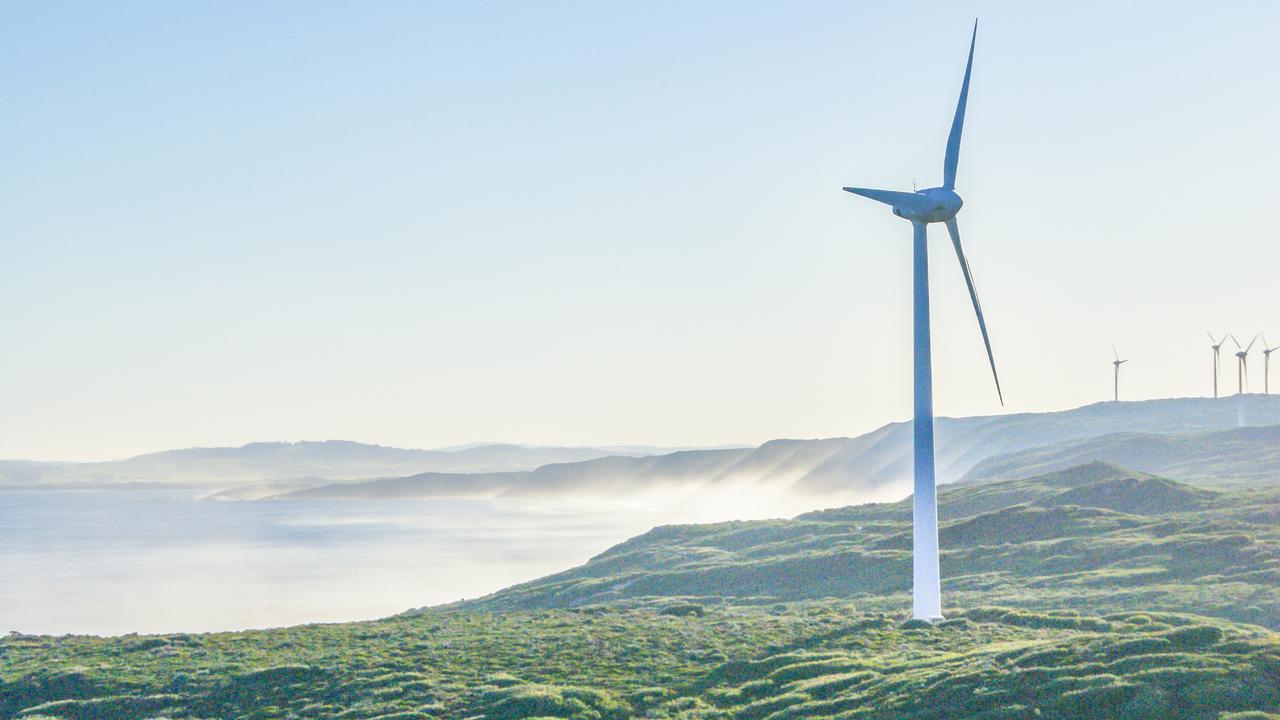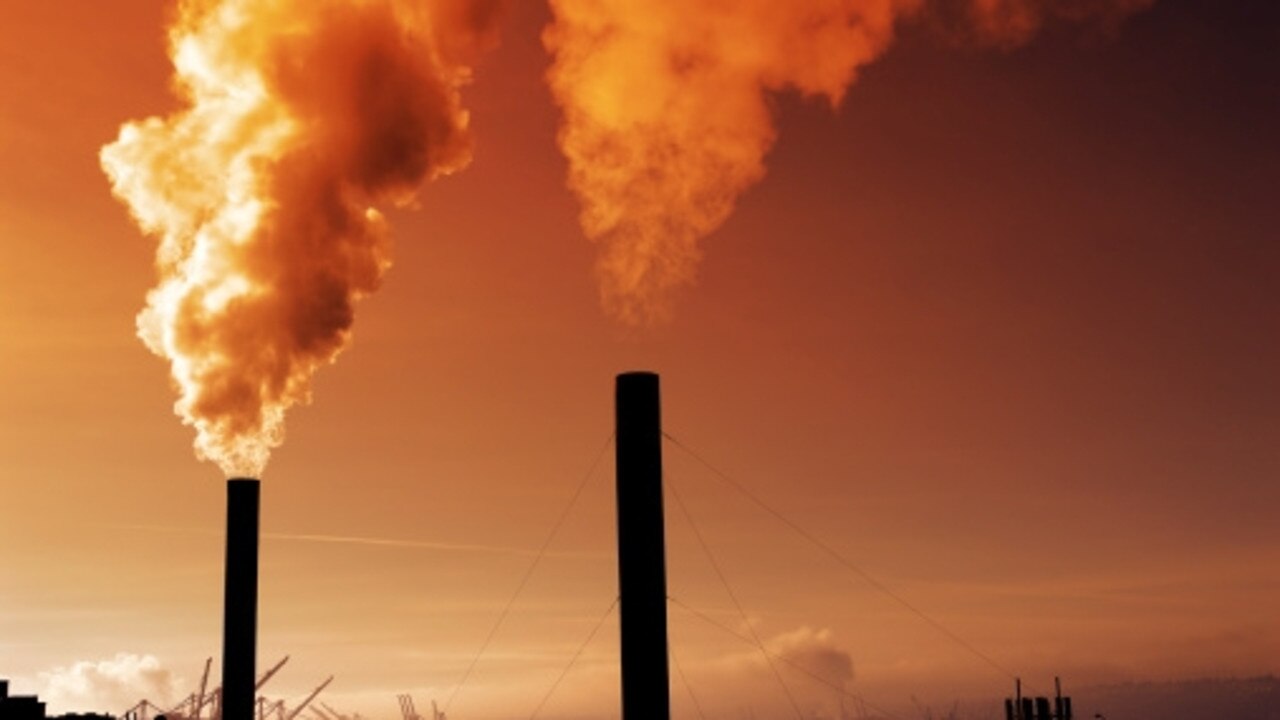Australia singled out at UN Summit for climate inaction, blocking Paris Agreement
Australia has been singled out for working “hand in glove” with the US to block climate change progress at the UN summit.

Australia has been singled out for working “hand in glove” with the United States to block progress at UN climate change talks in Katowice, Poland.
Negotiations have hit a stalemate with many of the key issues needed for a rule book to bring the Paris Agreement into force unresolved.
UN Secretary General, Antonio Guterres, yesterday challenged government officials “to accelerate and finish the job.”
“To waste this opportunity would compromise our last best chance to stop runaway climate change. It would not only be immoral, it would be suicidal,” Guterres said. “This may sound like a dramatic appeal, but it is exactly this: a dramatic appeal.”
Government ministers have taken over the talks and have two days to finalise a rule book to make the Paris Agreement operational.
A high-ambition coalition of countries which helped to force agreement in Paris in 2015 has reformed in Poland to argue for greater action in response to the IPCC report on warming of 1.5 degrees C.
The high ambition coalition includes many European countries Island states and New Zealand but excludes Australia.
Ñor does it include major emitters China and India.
All countries are invited to join but environment minister, Melissa Price has declined to say whether or not Australia intends to do so.
Vanuatu minister Ralph Regenvanu said a vocal minority had hampered negotiations and the next days would be critical to get an outcome that seriously tackled climate change.
Hardest Sing from ActionAid International said the United States was the key actor disrupting progress across the board.
“They have no stake in the Paris Agreement, but continue to enjoy their seat at the table and are using every single opportunity to destroy the agreement”, he said.
“The US’ ally Australia has been hand in glove through the negotiations”, he said.
Key issues in dispute include differentiation, the extent to which developed and developing countries would be covered by the same rules.
Finance was a stumbling block in many places, including whether finance for loss and damage should be included. Including loss and damage would greatly extend the $100 billion in climate financing agreed from 2020.
Talks have also become bogged down over what language should be used to acknowledge the IPCC report.
The high ambition coalition said it was determined to step up ambition by 2020, “consistent with the long term goal of the Paris Agreement”.
It has called for enhanced Nationally Determined Contributions under the Paris Agreement as the primary tool for delivering mitigation ambition.
It wants increased short term action and long term low emissions strategies.
“We call on other governments and non-Party stakeholders to join us in striving to step up ambition by 2020 in response to the Special Report on 1.5 degrees C”, the group said in a statement.
New Zealand minister James Shaw, said the IPCC report had been “a wake up call to all of us”.
“The Paris Agreement was great but it said what we want to do but didn’t say a whole lot about how we want to do it,” Mr Shaw said.
“Now we need to say how we want to do it,” he said.
“We know this is going to take a lot of hard work over coming decades and it is time to get started,” Mr Shaw said.
Marshall Islands Minister, Marshall Paul, said the high ambition coalition was about “the very existence of small islands facing the threat of climate change globally.
“We are here to fight for the survival of our planet”, he said.




To join the conversation, please log in. Don't have an account? Register
Join the conversation, you are commenting as Logout